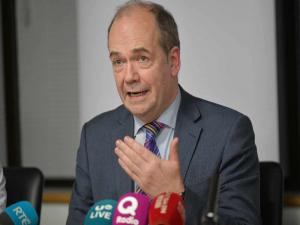
By David Young, PA
Another period of intensified coronavirus restrictions in the new year is not inevitable, the chief medical officer has insisted.
Dr Michael McBride said while a “payback” in infection rates is expected in January following the Christmas relaxations, he said the extent of the rise depended on public behaviour.
Dr McBride said the executive would issue guidance next week on how households can seek to minimise infection risks when more mixing is permitted between December 23 and 27.
His comments came as Northern Ireland entered another two-week circuit-break lockdown in a bid to drive down transmission rates ahead of the Christmas relaxations.
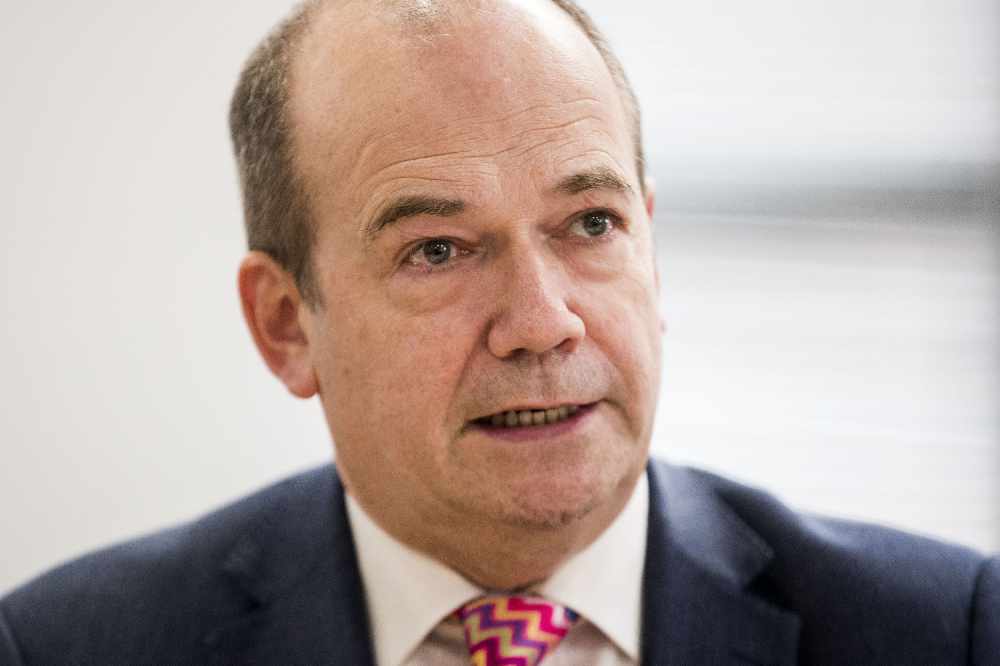
Asked if it was inevitable that the region would be facing another clampdown in January, Dr McBride said:
“It depends on all of us. There will be a payback for the relaxations over Christmas. But I think it’s the right thing to do. It’s important for our mental health and for our well-being, but we will see increased transmission.
“When we come together, the virus is there and the virus will spread. So we really need to be careful, what we need to do is get the virus down as low before we go into the Christmas period as possible and be really careful over Christmas.”
Dr McBride acknowledged the difficulties the retail and hospitality sectors were facing as a consequence of losing out on two weeks of trade at the busiest time of the year.
“I’m sorry that we are in this situation,” he said.
“I know there’ll be many views about the needs for or not for this restriction.
“But it is making a difference, it is making an impact. I just want to thank everyone, now the executive has made its decision, for all of their efforts.”
The chief medical officer said there was evidence the recent period of tightened restrictions was starting to bring down hospital admission numbers.
“Let’s make this two weeks work,” he added.
“This is a really important opportunity for us to get the virus levels down as low as possible before Christmas. It’s working, what we’re doing is working, your commitment, we’re seeing reduction in the number of cases, we’re seeing a beginning of a fall in numbers of patients in the hospital.
“That’s the best way to protect each other, our families and protect our health service and, more importantly, save lives. So let’s just get this done.”
On the vaccine roll-out, he sought to downplay expectations that it would remove the need for restrictions in the short term.
“We have some difficult months ahead of us,” he said.
“The vaccine will not see us through this winter but I am confident by late spring it will be doing a lot of the heavy lifting and hopefully talk of wider and further restrictions will increasingly become a thing of the past.”


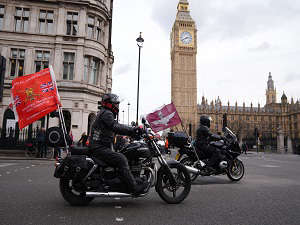 Bikers to descend on Westminster for veterans protest against Legacy Act repeal
Bikers to descend on Westminster for veterans protest against Legacy Act repeal
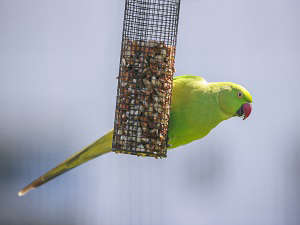 Guidance sought over future of colourful parakeets in Belfast park
Guidance sought over future of colourful parakeets in Belfast park
 Woman released after questioning over pipe bombs in Co Down
Woman released after questioning over pipe bombs in Co Down
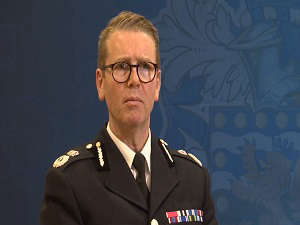 Suspended chief constable will not be prosecuted over alleged sexual offences
Suspended chief constable will not be prosecuted over alleged sexual offences
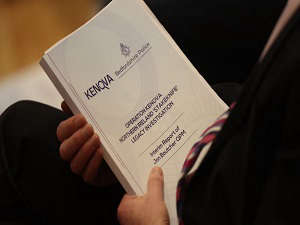 MI5 files not deliberately withheld from Stakeknife probe, review concludes
MI5 files not deliberately withheld from Stakeknife probe, review concludes